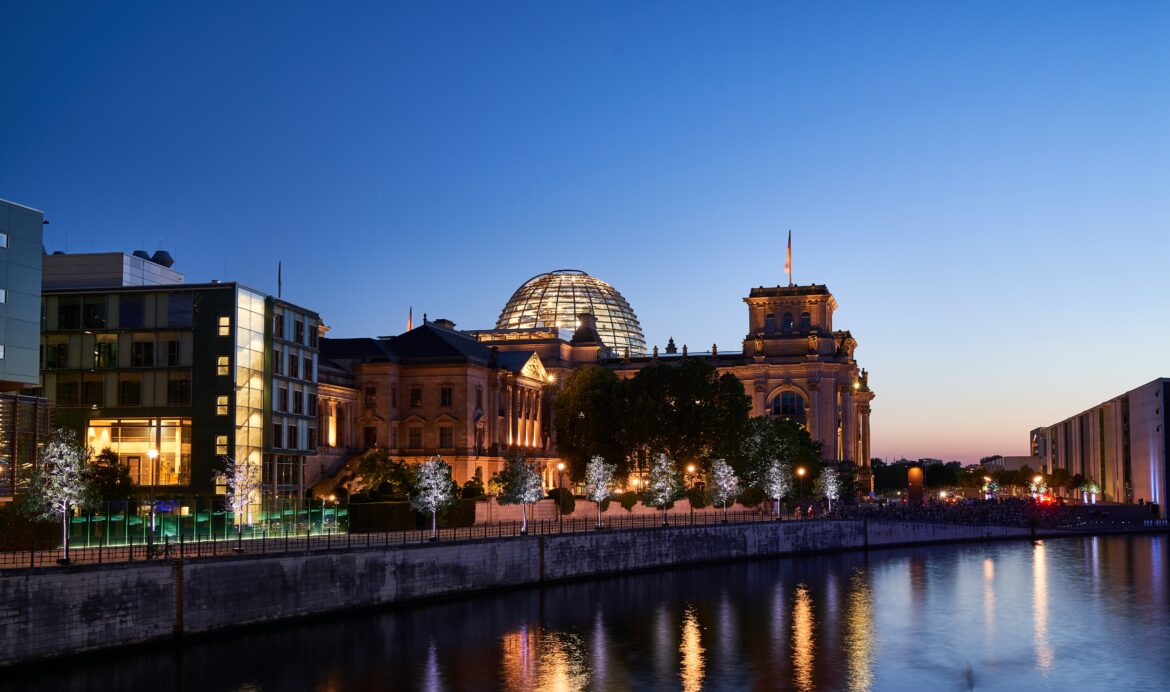The German government must urgently lead on the challenges of the European Union and work towards a unified vision. The current coalition led by Olaf Scholz, comprising the Green Party and the FDP, is failing to achieve its goals both domestically and internationally. Change is needed now to ensure the continent’s future.
If the coalition believes that they are not capable of managing unity and evolving its agenda, it may be time to consider a reshuffling of the coalition’s composition. This would necessitate a closer examination of the Free Democratic Party’s (FDP) role, as they possess the power to initiate a transitional government with the Christian Democratic Union/Christian Social Union (CDU/CSU) in the event of their departure. Additionally, within the Social Democratic Party (SPD), it is imperative to question the leadership of Olaf Scholz. A strong and inclusive coalition that encompasses both center-right and center-left ideologies could serve as a transitional crisis government for Germany. Emphasis on the word “crisis” because this is not an ideal scenario for everyone – such a government would not only demonstrate Germany’s strength but also showcase a unified European vision concerning Ukraine and the future of the EU.
Germany’s historical transition from a state lacking influence in colonial affairs to the most significant economy in the EU has positioned it as a leader with the power to enact positive changes that reverberate across Europe. I am reminded of the words of Henry Kissinger, who once remarked, “Poor old Germany. Too big for Europe, too small for the world”.
The current government coalition led by Olaf Scholz is struggling on every front. In its current state of leadership, it seems that Germany is “too big for Europe and too small for the European Union.” The problems of the coalition at home are that of pushing a green agenda in times of crisis, the delay in military aid to Ukraine, and the bad performance of the coalition in local elections.
The European Union stands at a crossroads, facing profound ideological divisions that threaten its unity. Countries look for leadership and they don’t find it anywhere. From the contrasting perspectives on migration to the debates over open markets, the EU finds itself grappling with internal conflicts that demand resolution. One example of this is the French-Italian crisis over refugees, which highlighted the deep-seated differences in approach to migration. Furthermore, the Polish-Hungarian opposition to the entry of Ukrainian grain into the European market has further amplified the existing divisions on free markets. On geopolitics, a particular concern is Hungary’s neutral stance on the Russian invasion of Ukraine, which is a grave humanitarian mistake. In this context, it becomes crucial for the German coalition and government to assume a leading role. They are susceptible to the rise of a pure right-wing coalition in the upcoming elections, which will escalate the divisions in Brussels. Germany must use their potential to guide the EU towards a common vision regarding actions on helping Ukraine and the future of Europe.
A fragmented Europe weakens the EU’s ability to address challenges collectively and undermines its impact on the global stage. Germany must recognize this and take proactive measures to bridge the gaps between differing viewpoints within the EU.
By assuming a leadership role in a time of crisis, Germany can bridge the gaps between member states and steer the EU toward a more cohesive and unified future. This responsibility extends beyond domestic politics; it is a call to action on a broader European scale. A strong, united Germany, with a clear stance on the Russian invasion of Ukraine, can exert influence and encourage other member states to adopt a unified perspective. By championing a principled approach to the crisis, Germany can lead the way in advocating for humanitarian values and ensuring the EU remains steadfast in its commitment to democracy, stability, and human rights.
